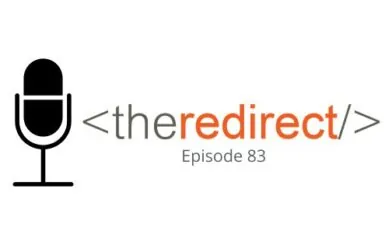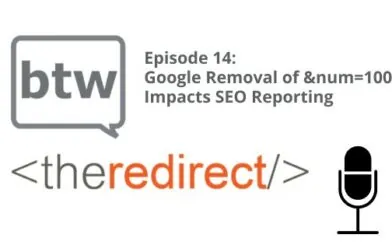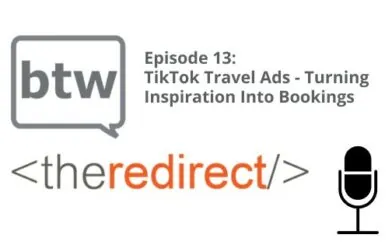Machine Learning is significantly influencing the growth and development of many new search features we see on Google.com today. Why? Simply, humans are not scaleable. The only way to scale human centric answers and involvement is through machine learning and AI.
AI has been present and powering popular SaaS products used by digital marketers for some time, especially those in the content generation space. Only recently has the public prototype of ChatGPT taken off — those with platform access and experience can agree that it has potential to be a very powerful tool if used appropriately.
What is ChatGPT?
ChatGPT is a chatbot that was launched by OpenAI in November of 2022. OpenAI is best known by those in the tech community as being credited with creating DALL.E 2, which leverages AI to create ultra-realistic images based off natural language inputs. OpenAI is also responsible for Whisper AI, an automatic speech recognition (ASR) system capable of multilingual translations at a large scale.
What is Google Bard?
For the past six years, Google has been working to align their company around AI. The moves into AI have significantly shifted search to be far more conversational than ever before. The introduction of LaMDA, or the Language Model for Dialog Applications, two years ago has helped advance this, most noticeably in Google Assistant.
Recently, Google went public with their introduction of Bard, stating that “Bard seeks to combine the breadth of the world’s knowledge with the power, intelligence and creativity of our large language models.”
How is AI being leveraged for SEO?
ChatGPT is a conversational tool that can be used by marketers to flesh out ideas, overcome writer’s block, help with different thought starters, and employ a different way of thinking. AI’s ability to understand conversational logic and leverage it to develop content, cluster topics, and accelerate research at such scale and speeds might have otherwise taken marketers days.
It’s important to note that AI should not be an alternative for start-to-finish content ideation and development. Despite its guardrails, ChatGPT tends to be biased with gender and racial stereotypes, and is not always accurate about technical subject matters.
Can AI generated content be good for SEO?
Like most things in the search space, we can’t have nice things for too long. SEO is a constant game of cat and mouse, and ChatGPT and other AI tools appear to provide marketers with a leg up. In reality, however, Open.AI and ChatGPT are only referencing the sources and content that currently exists on the internet.
For instance, when asking ChatGPT to outline tasks or information related to your next travel destination, it relies heavily on the information that is currently out there. This is the same information that Google has been working to combat over the last few years, which is apparent with their most recent quality content updates. These changes have been aimed to knock down sites and content that have been developed for the sole purpose of ranking.
Will Google penalize me for using AI generated content?
The short answer is… it depends. However, the long answer is yes — just because AI is easy to use and produces what looks like great results, content creators must proceed with caution.
A recent Tweet by Mark Williams-Cook, another bright SEO in the space, provided a detailed outline of the rise and fall of a site that had over 10,000 pages generated by AI. What resulted was a classic SEO tactic as old as time — leverage a tool that produces what appears to be substantial, high-quality content, and then be penalized by search engines in an algorithm update and course correction.
If AI content development is a strategy you’re investing in heavily, know that while you might be knocking out a bunch of seemingly fantastic content now, it could all come crashing down over time.
How should I leverage AI like ChatGPT for SEO?
Without a doubt, smart SEO practitioners should embrace AI tech like ChatGPT. While we don’t encourage using ChatGPT’s verbatim responses to develop web content you’re hoping to have rank, it’s best to utilize for what it is at its core — a tool.
We shouldn’t be afraid of ChatGPT as content creators and optimizers. AI isn’t taking your job. At the end of the day, we should embrace the technology for what it is and add it to our toolkits. Just keep in mind: smart marketers still need to know their audiences. Marketers need to understand the product or service at an intimate level to be able to audit what gets churned out of the machine — so, no matter what tool you’re using, you ultimately become the fact checker.



